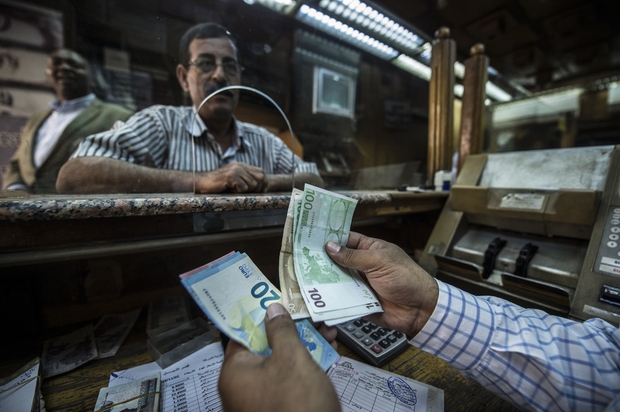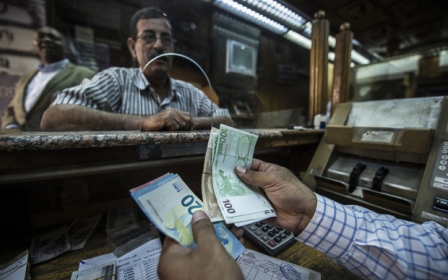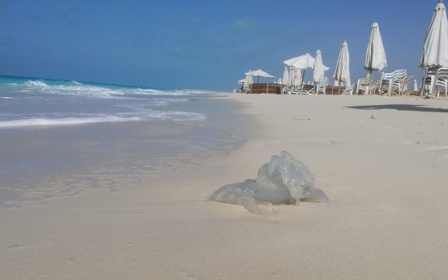Egypt raises water and sewerage bills as part of IMF reforms

The Egyptian government has increased the prices of drinking water and sewerage fees up to 50 percent as part of an extensive economic reforms programme aimed at closing the budget deficit.
The decision reported on Thursday goes into effect in August. The rises save a billion Egyptian pounds in subsidies, said Mohi el-Serafi, a spokesman for the country’s water and sewage agency.
Egyptians will be paying between 00.30 and 00.45 Egyptian pounds for the consumption of up to 10 cubic metres of water and from 00.70 to 1.20 Egyptian pounds for up to 20 cubic metres.
Sewerage fees, which are calculated as a percentage of water prices, increased to 63 percent of the water price - up from 57 percent, according to figures published on the Official Gazette.
Egypt is taking steps to reform its economy including flotation of the currency. The measures meet demands by the International Monetary Fund, which secured a $12bn bailout loan to Egypt.
The government raised electricity prices by up to 42 percent and fuel prices up to 50 percent this fiscal year, to help meet the terms of the IMF loan.
Egypt abandoned its currency peg of 8.8 Egyptian pounds to the US dollar on 3 November last year - a dramatic move that has since seen the currency's value fall by roughly half. It accompanied the move with a 300 basis point interest rate rise to fight inflationary pressures.
Despite that measure, inflation has been rising sharply and is expected to climb as the government pushes on with economic reforms, including fuel subsidy cuts and the implementation of a value-added tax (VAT), which helped it secure the IMF loan.
President Abdel Fattah al-Sisi is under increasing pressure to revive the economy, keep prices under control and create jobs to avoid a backlash from the public.
New MEE newsletter: Jerusalem Dispatch
Sign up to get the latest insights and analysis on Israel-Palestine, alongside Turkey Unpacked and other MEE newsletters
Middle East Eye delivers independent and unrivalled coverage and analysis of the Middle East, North Africa and beyond. To learn more about republishing this content and the associated fees, please fill out this form. More about MEE can be found here.




